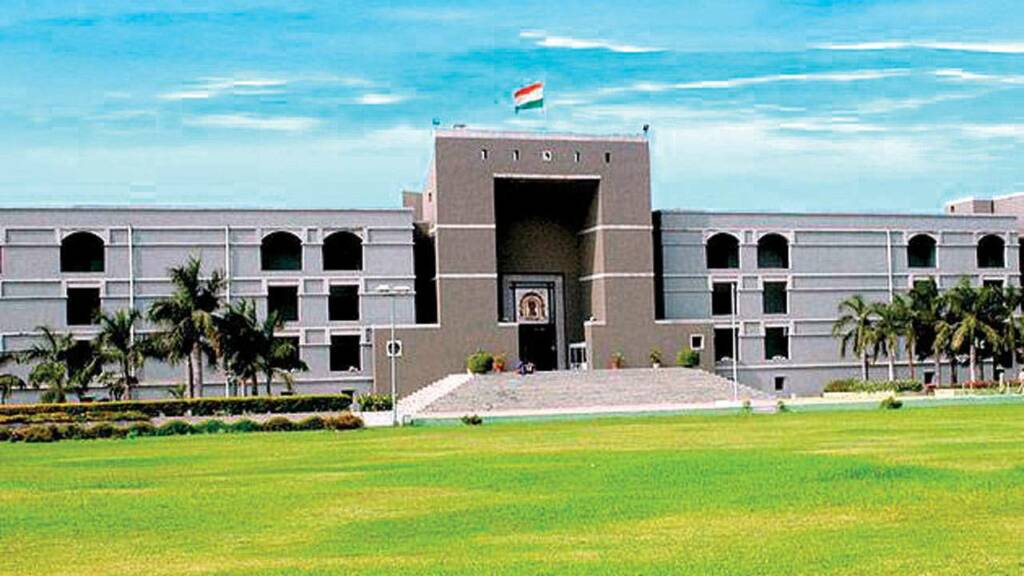In the step that could start a virtuous cycle towards transparency in proceedings of the court, the Gujarat High Court has decided to start live streaming of judicial proceedings on its Youtube channel. The live proceedings of the court functioning would end the fear of the common people of the country from courts and they would be able to understand the law of the land better. The move has been welcomed by almost all the stakeholders- lawyers, law students, judges- and the common people of the country.
Although, as of now this is on a trial basis and the court has full rights to decide which case hearing will go live and which will not. This will definitely set a trend for transparency in court proceedings in years to come. “Aspect of continuing with or adapting the modality of live court proceedings will be decided based on the outcome of this trial starting today and any other trial of any other modality that may be taken up in due course,” the court said in a statement on its website.
Since the time of the British, the courts of the country operate in a very secret manner. At a time when the governments across the world are becoming more and more open towards its people, the courts of the country continue to carry the colonial legacy. At a time the Modi government is pushing for transparency across the board, the judiciary now does not want to be left behind the executive. Being more transparent wins more public trust and the Indian judicial system is slowly recognizing this fact.
Previously, a PIL was filed against the move which was disposed and two judge-committee comprising Chief Justice Vikram Nath and Justice JB Pardiwala had said: “To observe the requirement of an open court proceedings, the members of the public should be allowed to view the hearings conducted through the video conferencing, except the proceedings ordered for the reasons recorded in writing to be conducted in camera.”
The following is the link of Gujarat High Court’s YouTube channel which already has around seven thousand subscribers.
https://www.youtube.com/channel/UCZoBFtdYPm8tBfGDzf4jsUg
A few institutions of the country like Courts, Army continue to operate in a manner they used to in colonial times. Despite more than seven decades of independence, very few reforms were carried out in these institutions. The Modi government has started the process of reforms in the Armed forces and nudged the judiciary to do the same.
The first volume of Economic Survey, which consists of 11 chapters, has a chapter titled as ‘Ending Matsyanyaya: How to Ramp up Capacity in the Lower Judiciary’ draws attention towards an important issue prevalent in the Indian system and that is ‘enforcement of contracts’. The chapter starts with “The Rule of Law and maintenance of order is the science of governance” a quote by Kautilya in his much-celebrated work, Arthashastra.
According to the chapter, in the country, more than 3.5 crore cases are pending in courts. Majority of these cases are in the district and subordinate courts. The chapter further argues that the country is following the law of the jungle or Matsyanyaya (where big fish eats small fish) due to the inefficient court system.
Therefore, judicial reforms and transparency in the working of the judiciary are necessary for a country to become an economic powerhouse which will only come if we take the law of the land to the common people of the country.
